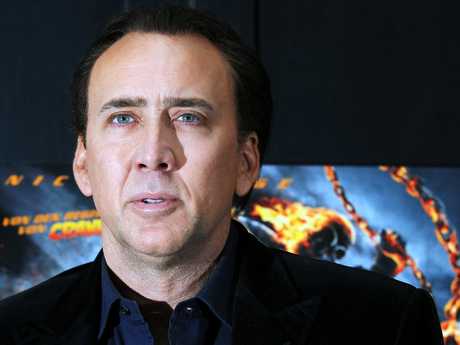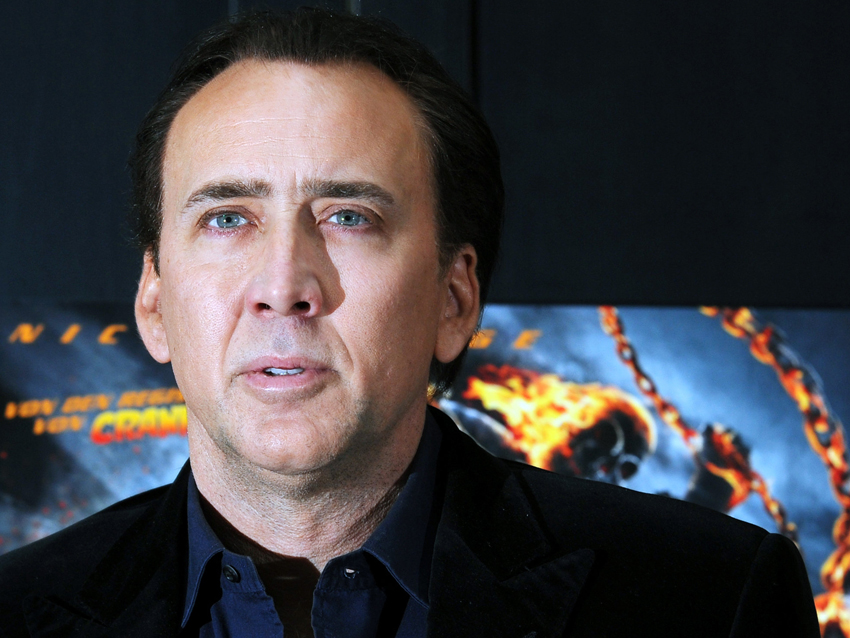
Want all the hottest music and gear news, reviews, deals, features and more, direct to your inbox? Sign up here.
You are now subscribed
Your newsletter sign-up was successful

Do we call him Nic Cage IV or simply use symbols? © Jens Kalaene/dpa/Corbis
Who wouldn't want to be compared to Led Zeppelin? Well, Nicolas Cage sure doesn't mind, and while promoting his latest film, Ghost Rider: Spirit Of Vengeance, the Oscar-winning actor found a way to note similarities between himself and the iconic rock band.
"I would like to find a way to embrace what Led Zeppelin did, in filmmaking," Cage told the Huffington Post. "Right now, what I'm excited about is trying to create a [pauses] kind of a cultural understanding through my muse that is part of the zeitgeist that isn't motivated by vanity or magazine covers or awards. It's more, not countercultural, but counter-critical.
"[Led Zeppelin] were the biggest band in the world and they remained intimately mysterious - because they just went about it their own way, or against what the advice might have been or what the council might have been.
"And I admire that. And I would like to tap into more exploration of horror films and just everything that I shouldn't be doing, according to representation."
Want all the hottest music and gear news, reviews, deals, features and more, direct to your inbox? Sign up here.
Joe is a freelance journalist who has, over the past few decades, interviewed hundreds of guitarists for Guitar World, Guitar Player, MusicRadar and Classic Rock. He is also a former editor of Guitar World, contributing writer for Guitar Aficionado and VP of A&R for Island Records. He’s an enthusiastic guitarist, but he’s nowhere near the likes of the people he interviews. Surprisingly, his skills are more suited to the drums. If you need a drummer for your Beatles tribute band, look him up.
